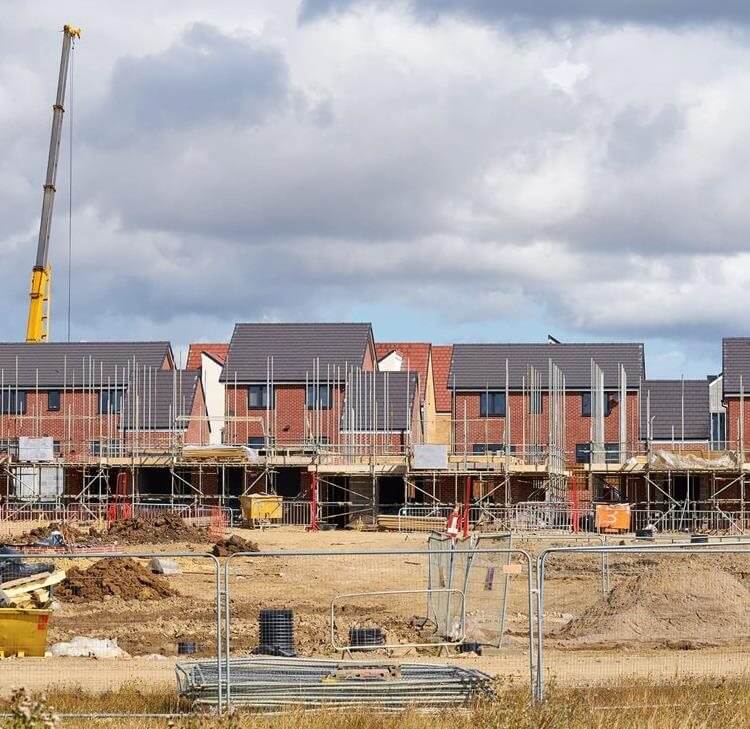The countdown to private finance initiative (PFI) handover – what’s your seven-year plan?
A report from the National Audit Office (NAO), 'Managing PFI assets and services as contracts end', recommended that preparations for the handover of expiring private finance initiative (PFI) contracts should start seven years in advance of contract expiry.
In this article we consider key actions for public authorities in managing the PFI handover process.
What does PFI contract handover mean?
For most PFI projects, the assets and services that have been provided by the private sector company, typically a ‘Special Purpose Vehicle’ (SPV) set up as a subsidiary of the companies investing in the PFI contract, are handed back to the relevant public authority upon expiry of the PFI contract. With no two PFI contracts being the same, each handover process will be unique. But there are some key steps all public authorities should be considering in planning for their PFI handover process.
Step 1 – Secure an up to date copy of the PFI contract
The PFI contract should clearly set out:
- the date of handover;
- the assets and services that are to be handed back; and
- the condition that such assets are to be in;
so the very first step any public authority should take is to obtain an up to date copy of the PFI contract. This can take a considerable amount of time given the length and complexity of these contracts and the likelihood that it has been amended over time. Public authorities may need to request a copy of the contract from the SPV or lawyers involved in drafting the initial contract and update it with the many variations that have been agreed.
Step 2 – Review the handover provisions in the contract
Although a PFI contract should include detailed handover provisions, early examples had little in the way of guidance to draw on and so are likely to contain ambiguities around the roles and responsibilities of the parties at contract expiry.
Public authorities will need to understand the handover process as set out in the PFI contract and create a project programme with key dates leading up to handover. They will also need to identify any gaps in the handover process and, if possible, agree any necessary work arounds with the SPV to ensure a smooth handover. Negotiating additions to a contract that is close to expiry is unlikely to be straightforward, and the earlier this is done the better and pragmatic legal advice will be essential.
Step 3 – Set up a handover team
Public authorities will need to create a project team to lead and manage the handover process, as significant assets are being handed over.This will require both additional resources, alongside those needed for daily operations, and a different set of skills. Key skills required include:
- legal expertise to draft new or amend existing contracts;
- technical skills to assess asset conditions; and
- financial expertise.
Public authorities will need to identify which of these skills are available in-house and where external resources will be needed. The long duration of PFI contracts is likely to mean that many of the individuals involved in setting up the contract will have left or be nearing or past retirement.
Step 4 – Know your assets
In 2007 HM Treasury issued guidance on the handover provisions PFI contracts should contain, including:
- an asset register and condition of these assets at the end of the contract;
- procedures for identifying the amount, cost and responsibility for paying for any rectification work; and
- requirements for asset condition surveys and other inspections prior to handover, including procedures for appointing and paying for a surveyor (see. HM Treasury, Standardisation of PFI Contracts Version 4, March 2007, p.135.).
These provisions may be absent or unclear in early PFI contracts and although the Infrastructure Projects Authority (IPA) is working on guidance for PFI handover, this has not yet been published.
At the start of the handover process, and well before the end of the PFI contract, public authorities will need a clear understanding of: what physical assets and services are being handed back; what condition they are in; whether this meets the requirements in the PFI contract; what will happen to them after handover; and whether there are any compliance issues, for example the transfer of employee information, confidential data, and pensions arrangements.
Step 5 – Engage with the SPV
The NAO has recommended that public authorities engage with SPVs as early as possible but also noted that SPVs have not always been fully cooperative.
In the lead up to expiry engagement with the SPV will be essential for:
- securing access to information, not least the PFI contract itself;
- agreeing access to physical assets;
- resolving any outstanding disputes; and
- negotiating handover terms and processes that are unclear or absent from the PFI contract.
Public authorities will need to arrange regular contact with the SPV and keep records of any communications, including documents shared or requested, meeting notes, and contact with third parties, e.g. lawyers, in relation to contract expiry discussions.
Step 6 – Dispute resolution
Before starting the handover process there may be ongoing PFI disputes concerning the delivery of services and the physical condition of assets to be handed over. Resolving these and any additional disputes that arise during the handover process before contract expiry is essential, as afterwards the SPV will be shut down and recovering payments will be difficult.
PFI contracts do allow public authorities to withhold a portion of their annual payments in the event of poor performance by the SPV but as the handover deadline gets closer this sanction becomes weaker.
They also provide for a dispute resolution procedure (DRP) but this can often take a minimum of 10 months to complete and does not guarantee a final outcome. The dispute may then go to arbitration or through the courts, implying additional cost and delay when time is not on your side.
Public authorities will need to take action as early as possible to identify ongoing and potential disputes and work closely with legal advisers to seek to resolve these promptly.
Seven-year countdown
The NAO has advised public authorities with PFI contracts to start planning for handover seven years in advance of the contract expiry date, to ensure that the handover process runs smoothly and assets are handed over in good condition and service delivery is maintained. We suggest that there is much that needs to be done before even before that seven year period commences. It is likely that many public authorities, particularly those dealing with early PFI projects, will need longer to plan for and effectively manage the handover process.
If you need help with your handover plan or the implementation of the Project Agreement processes, we are ideally placed to help.
Contact

Mark Hickson
Head of Business Development
onlineteaminbox@brownejacobson.com
+44 (0)370 270 6000








































